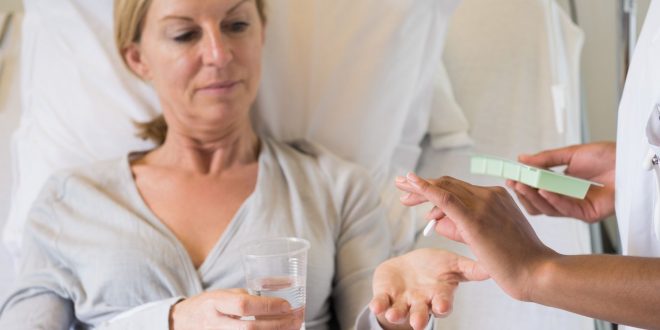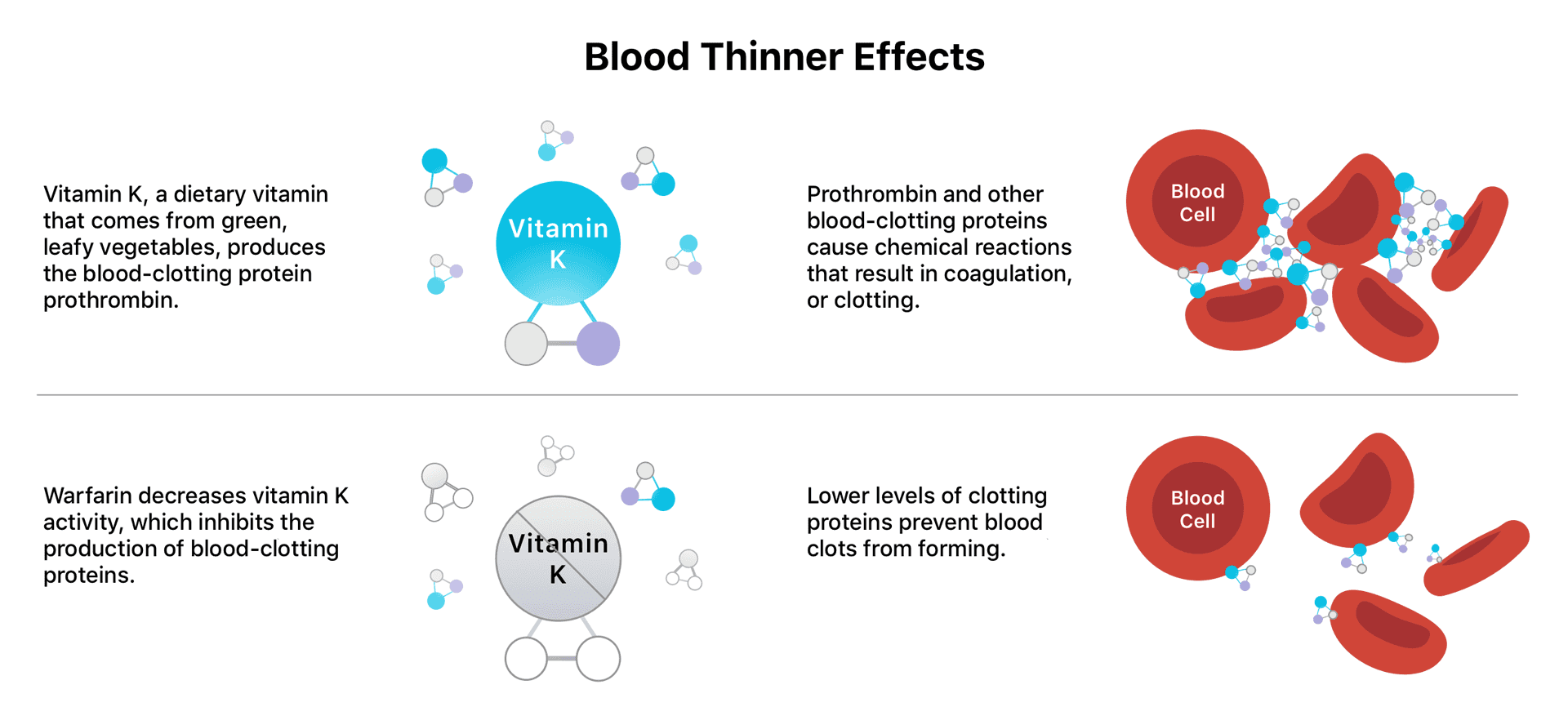
Alcohol should be avoided when taking Coumadin, as it is one of the most serious risk factors for complications with this medication. Coumadin (warfarin) and AlcoholĬoumadin is one of the most commonly used blood thinners in the U.S., but it carries a 3% to 6% risk of major bleeding. While there are chemical differences in how these medications work, alcohol should generally be avoided with both types of medications. Anticoagulants affect the chemistry behind how blood clots form, while antiplatelets affect how platelets gather at the site of a blood clot. There are two main types of blood thinners: anticoagulants and antiplatelets. Alcohol Interactions with Anticoagulants and Antiplatelet Medications The actual risks to a particular individual are very case-specific and should be discussed with a doctor. Regardless of the type of blood thinner being used, you should generally avoid alcohol while taking a blood-thinning medication. This can help them determine if something is causing an interaction that could lead to serious bleeding. If you are experiencing serious bleeding, it is important for you to tell your doctor all the medications and supplements you are taking and inform them of any food or drink that you have consumed recently.

Bleeding from your gums or nose that does not stop by itself.If you are taking blood-thinning medications, you should contact your doctor immediately if you have any signs of serious bleeding.

Alcohol can also increase the risk of injuries, which can bleed more easily while someone is on blood thinners. This makes it hard to predict exactly what will happen, but it increases the risk of either bleeding or clot-related problems. This can further affect blood clotting in the body.Īlcohol and blood thinners interact in different ways that will vary for each individual. Alcohol can also cause underlying health problems that affect the liver, which plays a vital role in how blood thinners work and how blood clotting occurs. This can cause the medication to stay active for longer and have a greater effect than it should. Further, alcohol can affect how long it takes for your body to process blood thinners. Alcohol affects how well your blood clots, potentially negating the effects of the blood thinners or increasing them to a dangerous level. There are several risks related to mixing alcohol and blood thinners. Risks and Side Effects of Mixing Blood Thinners and Alcohol It could also reverse the effects of the blood thinners, increasing the risk of dangerous conditions like heart attack or stroke. Depending on how this interaction works, it could cause the blood to become too thin, creating a high risk for bleeding from minor injuries. This ultimately affects the delicate balance that doctors hope to achieve while using blood thinners. When alcohol is included in the mix, it can alter how thin your blood is and also change how active the medication is. Their use must be carefully monitored to ensure that the blood does not become too thin. Blood thinners can be dangerous, increasing your risk of severe bleeding during an accident or with an injury. In fact, most blood-thinning medications will specifically advise against mixing them with alcohol. Mixing alcohol and blood thinners is never recommended. While moderate alcohol use does have a blood-thinning effect, using alcohol specifically to thin your blood or have a healthier heart is not recommended. Light to moderate alcohol use can make your blood thinner, while heavy alcohol use actually increases the likelihood of forming blood clots. Commonly used blood thinners include:Īlcohol affects how thin your blood will be. The specific blood thinner being used will depend on the reason that blood thinners are needed. Common Blood Thinner Medicationsĭifferent blood thinners work on different parts of the clotting cascade. This helps prevent blood clots from lodging in the heart, causing a heart attack in the brain, causing a stroke or in the lungs, causing a pulmonary embolism. Blood thinners slow parts of this process, making blood clots form more slowly. The process of blood clotting is very complex, with multiple chains of chemical reactions called the “ clotting cascade” that must occur to develop a blood clot.

Blood thinners do not actually reduce the size of existing clots, but they can enhance the body’s natural process for eliminating unhealthy blood clots. These medications are intended to treat blood clots in people who have them or reduce the risk of them forming. Blood thinners are medications that slow your body’s ability to coagulate blood, making your blood less likely to form blood clots.


 0 kommentar(er)
0 kommentar(er)
